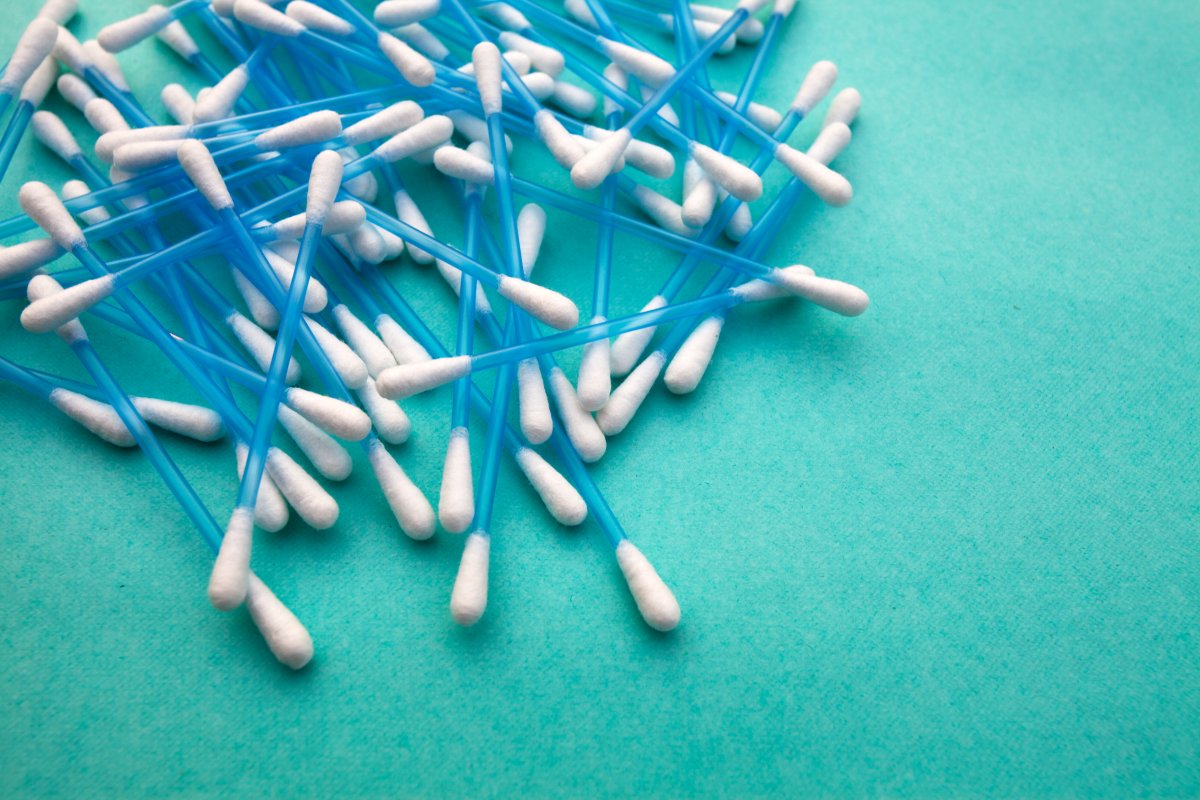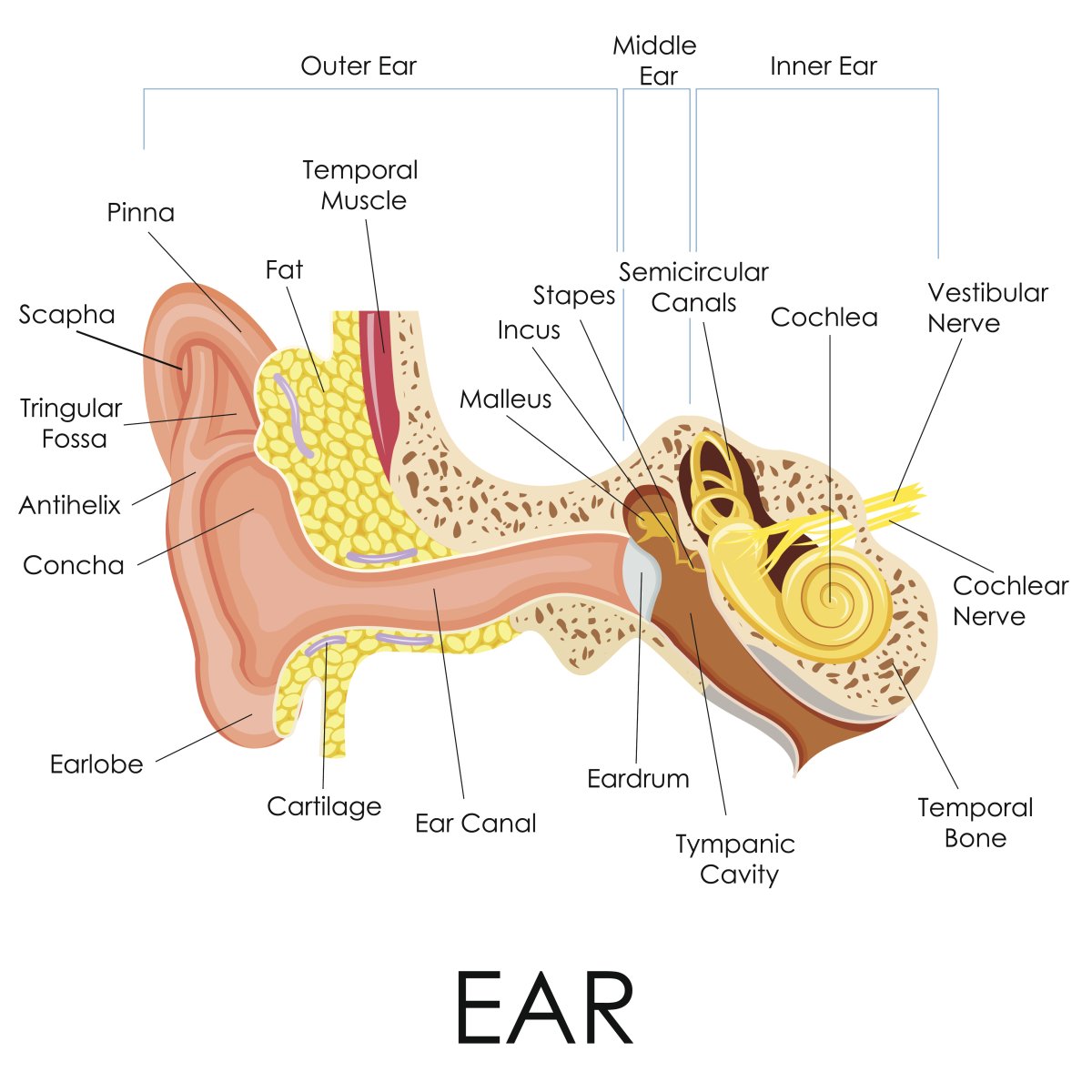Cotton swabs may be a go-to for adults, but experts are warning parents to keep them away from children.

A recent study published in The Journal of Pediatrics found between 1990 and 2010, an estimated 263,000 children under the age of 18 were treated in U.S. hospitals for cotton swab-related injuries.
The study notes this adds up to about 12,500 injuries annually or 34 a day.
Dr. Kris Jatana, senior author of the study from the department of pediatric otolaryngology at Nationwide Children’s Hospital in Ohio, says one of the biggest misconceptions about cleaning ears is that you have to do it yourself.
“In reality the ear is self-cleaning, and ear wax serves as a tool to trap dirt and bring it out of the ear,” he tells Global News. “This can be wiped with a washcloth or wipe, as opposed to sticking a tool into the canal itself.”
READ MORE: The importance of Children’s Mental Health Awareness Day
Ear wax and the canal
Although the cotton-tip applicator (or cotton swab) was originally designed to clean the ear, Jatana says, most manufacturers include warning labels. However, the bigger misconception in society is that our ears have to be cleaned daily at home.
“The ear canal doesn’t have to be cleaned in the home setting,” he says. “Putting an applicator in your ear is working against the body’s natural cleaning mechanism.”
Ear canals don’t actually produce ear wax, he says, so when you use a cotton swab, you’re pushing the wax deeper into a part of the ear that doesn’t self-clean.
How children were getting injured
According to the study, the majority if injuries (73 per cent) were a result of using cotton swabs to clean children’s ears, playing with cotton swabs (10 per cent) or children falling with swabs in their ear (nine per cent).

The most common injuries included foreign body sensation, perforated ear drum and soft tissue injury.
Jatana explains the highest rate of self-inflicted injuries was among children between the ages of zero and three, all who were using the swabs themselves.
“That was concerning; younger children are at a greater risk.”
How to clean your child’s ear
Dr. Vincent Lin of Sunnybrook Health Sciences Centre’s otolaryngology team says children’s ears do not need to be regularly cleaned.
“Your pediatrician or family doctor can have a look and will sometimes recommend oil drops or syringing,” he tells Global News.
READ MORE: Saskatchewan children’s advocate wants more mental health services in schools
Li says cotton swab-related injuries in children are very common and there are multiple dangers associated with them. In severe cases, perforation can cause hearing loss or permanent vestibular (balance) loss, and in extreme cases, children may experience injury to the facial nerve causing facial nerve paralysis.
Is it safe for adults?
But should adults be using cotton-tip applicators on the daily? Li says like children, we should never insert them into our ear canal.
“Cotton swabs tend to push in and impact wax (cerumen),” he says. “Impacted wax can lead to hearing loss, pain and potential infection.”
READ MORE: Jimmy Kimmel fires back at people who slagged him for his health care advocacy
But if you feel like your ears are plugged or full of wax, Li suggests talking to a doctor before trying something at home.
“If your ears are plugged with wax, pharmacies sell kits that typically contain a softening agent that is put in your ear canal and followed with a gentle rinse to wash things out,” he says.
“I would recommend a few drops of baby oil or mineral oil in the ears a few times a week before bedtime to help facilitate the ears to clean themselves.”





Comments